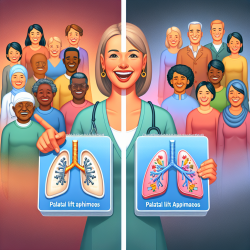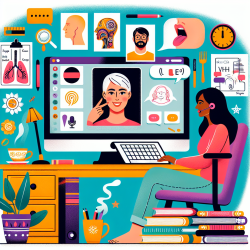As practitioners in the realm of speech pathology and communication disorders, we're constantly seeking ways to refine our skills and expand our professional toolkit. The field of voice identification, with its rich intersection of theory, practice, and legal application, offers a fascinating avenue for such development. The groundbreaking research presented in "Voice Identification, Theory and Legal Applications" by Oscar Tosi provides an in-depth exploration of this area, promising to enrich the practice of clinicians and researchers alike.
Understanding the basics of voice identification—not just the how, but the why—can significantly enhance the services we offer. Voice identification goes beyond mere speech analysis; it delves into the unique acoustic patterns that make each person's voice distinct. For practitioners, this knowledge can be pivotal in diagnosing and treating communication disorders, as well as in forensic contexts.
Here are some key takeaways from Tosi's work that can directly impact your practice:
- Acoustic Phonetics and Speech Production: A solid grasp of the acoustic properties of speech and the physiological mechanisms of voice production can enhance diagnostic accuracy and treatment efficacy.
- Objective and Subjective Methods of Voice Identification: Understanding the various methodologies for voice analysis can aid in selecting the most appropriate approach for your specific clinical or research needs.
- Legal Applications: For those involved in forensic speech science or who may serve as expert witnesses, familiarity with the legal aspects of voice identification can be invaluable.
Implementing the outcomes of Tosi's research can not only improve your clinical or research practices but also encourage further exploration into the rich field of voice identification. Whether it's through developing more precise diagnostic tools, enhancing therapeutic interventions, or contributing to the legal process, the potential applications are vast.
For those eager to dive deeper into this subject, I highly recommend exploring Tosi's work firsthand. The insights gained can open up new pathways for professional growth and development, offering fresh perspectives on the complexities of human communication.
To read the original research paper, please follow this link: Voice Identification, Theory and Legal Applications.










